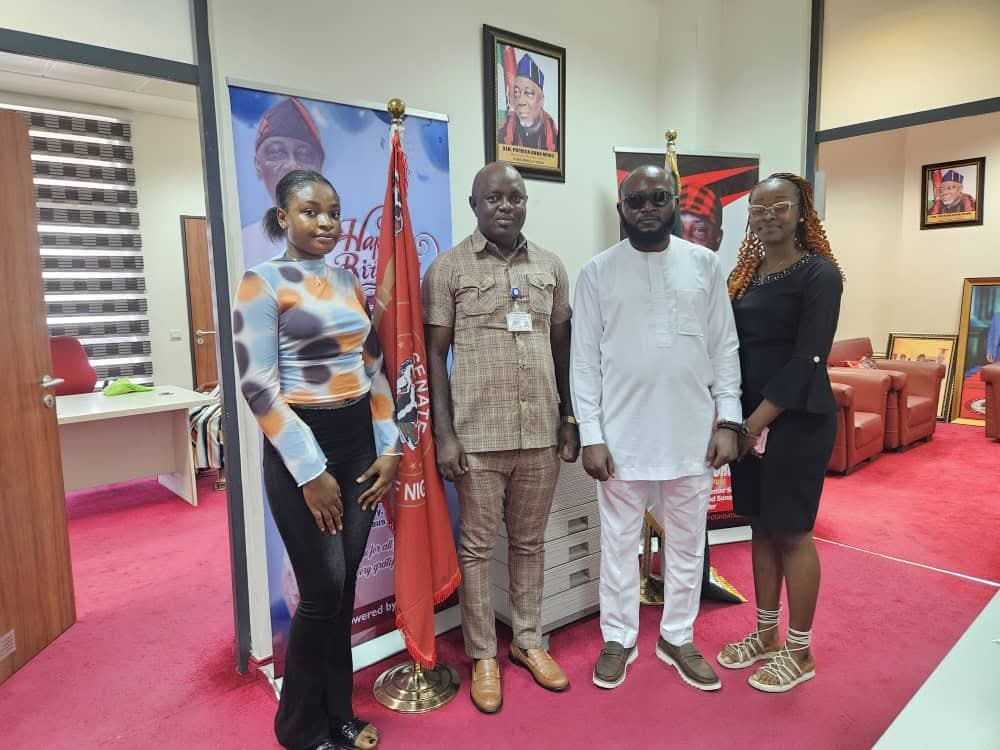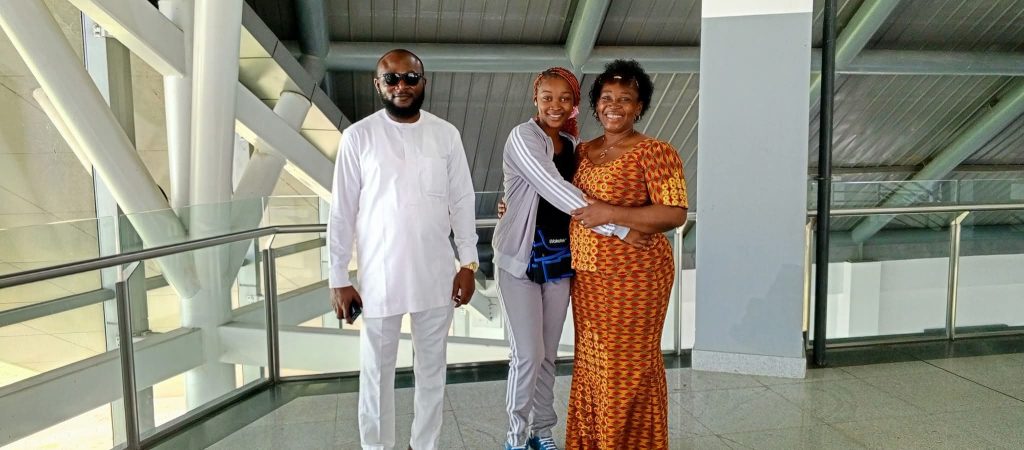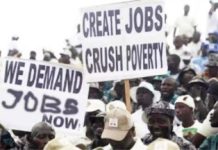By Morgan Adikwu
As a critic of Senator Abba Moro, my dissatisfaction has always stemmed from his previous approach to youth empowerment in Benue South. With all its vast potential, the region has remained stunted in critical areas that should drive genuine economic growth.
My conviction has always been that our people deserve far more than tokenistic distributions; motorcycles, sewing machines, grinding machines, and tricycles paraded as empowerment. These items, while momentarily useful, only recycle poverty, encourage capital flight, and sustain a primitive cycle of importing tools for survival instead of importing knowledge for development.

But in this new initiative, ” Senator Abba Moro Foreign Scholarship”, the scheme for indigent students in Benue South, Senator Moro has broken from the mold. For once, we are not distributing tokenistic patronage but deliberately investing in what has transformed nations: knowledge, skills, and human capacity development.
This move evokes the South Korean model, where deliberate investment in human capital became the foundation of national transformation. In the 1960s, South Korea was poorer than Nigeria, yet by investing in education, sending its citizens abroad to study advanced fields, and reintegrating them into national development, it leapfrogged into one of the world’s largest economies. Its success was not built on handouts but on engineers, doctors, scientists, and innovators who returned home with knowledge to industrialize the country.

Senator Moro’s scheme is strikingly modeled along this path. Fifty indigent students drawn from across the nine local governments of Benue South are now being sponsored to study courses such as aeronautical engineering, biomedical science, cybersecurity, mechanical engineering, nursing, information communication engineering, and international economics and trade.
These are not random choices; they are areas at the cutting edge of global transformation. Already, beneficiaries like Maryanne Imoni from Ohimini has departed for her institutions abroad, while Adoga Great from Oju is scheduled to leave in October, with others set to travel in the first quarter of 2026. This is unprecedented, not just in Benue South but in Benue State as a whole.
The multiplier effects of this initiative cannot be overstated. In a senatorial district where most graduates are in the humanities, arts, and management fields that have increasingly been rationalized by technology, this scholarship is a breath of fresh air. For the first time, we are deliberately producing manpower for areas where we have been completely absent.
How can we speak of attracting investors, building industries, or establishing modern infrastructure without the skilled human resources to run them? This is why many past calls for investment in Idoma land have failed; the manpower was simply not there. Senator Moro’s intervention directly addresses this structural gap by planting seeds of expertise in fields where our region has been historically excluded.
And when contrasted with the misplaced priorities of our elites, this initiative stands out even more. I have previously written about the disturbing rise of hotels in Otukpo, which has fueled a culture of moral decadence, single parenting, and societal laxity, while stifling creativity, innovation, and genuine development. Wealthy individuals, instead of investing in science, technology, or cultural hubs, have turned Otukpo into a playground of short-term indulgence. The result has been an erosion of family values, rising crime, and lost opportunities for our youth. Against this backdrop, Senator Moro’s choice to invest in knowledge, rather than tokenism or moral decay, is a model of altruistic leadership.
The list of successful candidates drawn from Ado, Agatu, Apa, Obi, Ogbadibo, Ohimini, Oju, Okpokwu, Otukpo, and even beyond Idoma land reflects fairness and inclusivity. These young people, once trained, will return with skills to drive industries, power innovation, and lay the groundwork for a Benue South that can compete in a knowledge-driven global economy. Unlike the distribution of motorcycles and grinding machines, this initiative is not a temporary relief but a strategic importation of knowledge that can yield generations of dividends.
This is why I must commend Senator Abba Moro. For once, we are breaking free from the cycle of primitive empowerment. Instead of importing motorcycles, we are importing aeronautical engineers. Instead of sewing machines, we are producing biomedical scientists. Instead of tricycles, we are raising cybersecurity experts. The shift is monumental.
For Benue South, this is the beginning of a new chapter. If this model is sustained, expanded, and replicated, we will finally break free from stagnation and chart a path to genuine development. Senator Abba Moro’s foreign scholarship initiative deserves not only commendation but replication across Nigeria.











